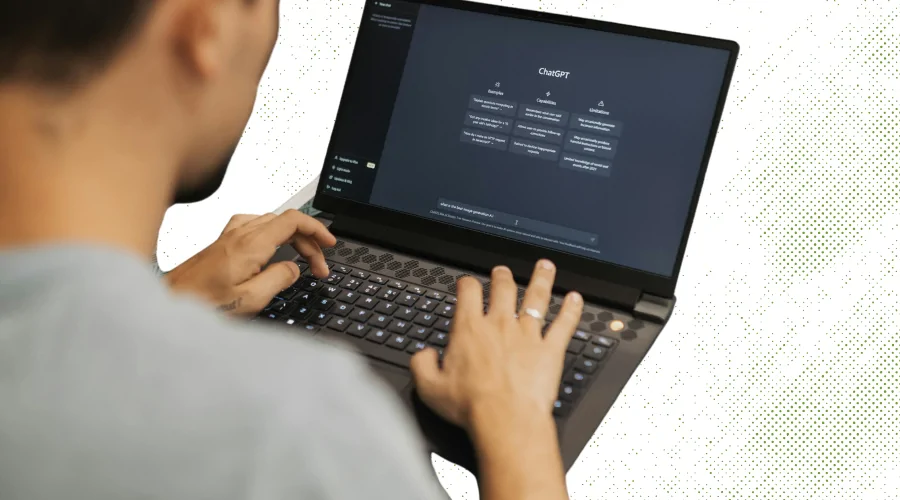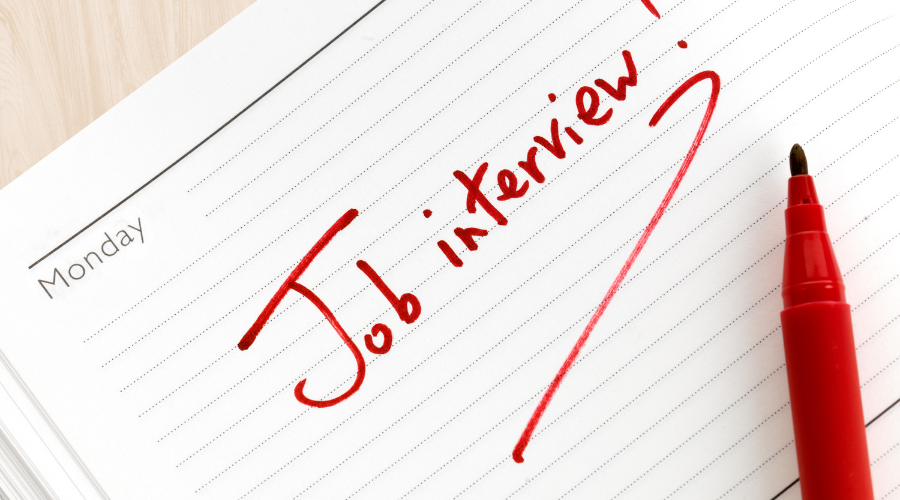
Quick CV Dropoff
Want to hear about the latest non-profit and public sector opportunities as soon as they become available? Upload your CV below and a member of our team will be in touch.

Whether you are attending an interview virtually or in person it is always important to be prepared. Not only can it help you respond to questions more confidently, but it can significantly boost your chances of receiving a job offer.
We have collated some of the tops tips from our expert specialist Consultants here at TPP, who are experienced at successfully supporting candidates with interview preparation every day.
Research the organisation
Understanding your potential new employer’s values, strategic goals and mission will help guide your answers in the interview. Visit the organisation website to view their mission statement and demonstrate how your values align with theirs.
Look for any press releases and view their social media channels to find out about any recent projects, campaigns, achievements or awards. This will demonstrate a proactive approach and genuine interest in them.
It is also important to do wider sector research to show that you have an awareness of current trends, challenges and opportunities. This can set you apart from other candidates by showing that you are not only focused on the role you are applying for, but that you also have a holistic understanding of their sector.
TPP recruiter advice: “Don’t forget to research the interview panel too. This creates conversation, builds rapport and shows preparation.” – Kate Maunder, Senior Business Manager
Prepare your questions and answers
Interviews are a two-way process and having questions prepared will show that you have a genuine interest in their organisation. It is important however, that your questions are relevant and that the answers can’t easily be found on their website or job description. Avoid very basic questions and think more broadly about the organisation and impact of the role, asking questions about aspects you are genuinely interested in. Here are some examples of effective interview questions you could ask:
It is also important to be prepared for typical questions your interviewer may ask including:
Answering these questions requires you to give evidence and competency based examples so ensure you give as much detail as possible. Many employers choose not to progress with a candidate’s application due to a lack of detail in their answers, so always have these prepared in advance.
TPP recruiter advice: “Some of the feedback I receive from unsuccessful interviews is that the candidate lacked detail in their answers or didn't demonstrate their experience well. So, think about your answers, tell it like a story, what you did from start to finish. Give specific examples that demonstrate your experience and don't generalise.” – Gemma Hannington, Senior Business Manager
Practice using the STAR method
The STAR method is a tried and tested way of ensuring you are able to demonstrate your skills and experience in an interview. The STAR stands for:
Situation – Describe a relevant situation or challenge you have faced
Task – Outline what responsibilities you had in that situation
Action – Discuss what actions you took to address the situation. What did you do? How did you do it? Why did you do it?
Result – How did the result of your actions benefit the situation? Talk about what you learned and how it benefitted your team/organisation
At TPP, we support candidates with tailored interview preparation to support job applicants with applying the STAR method. It could also be beneficial to perform a mock interview with a friend or family member in advance to practice these skills so you are fully prepared for the real thing.
TPP recruiter advice: “For the STAR technique it's easy to miss the ‘R’ (Result) part, but that's the bit where the client really starts to see the impact of what you did and they start to imagine you having that sort of impact for them, so it's essential to not miss it. I think people find S, T and A fairly intuitive, but struggle with the ‘R’.” – Matt Adams, Head of Division
Set up your space and check your tech
If your interview is in person, you may not always have the opportunity to choose your meeting space, however in a virtual interview you have more control over your environment, so it is important to get this right to ensure your space is appropriate for an interview.
Present yourself in the best way possible
Whether your interview is in person or virtual, how you present yourself in relation to your dress code, body language, eye contact will make an impression, so ensure you consider these factors. We understand that nerves, anxiety or other neurodivergent conditions could make aspects of an interview more challenging. We always advise candidates to ask for any support or adjustments ahead of the interview, if they feel this will be helpful and to not be afraid to take your time with answering questions, or asking an interviewer to repeat the question or rephrase it if necessary. This is key to showing your interest in the organisation and role. A very effective way of demonstrating engagement and interest throughout the interview is to focus on active listening and using subtle, but positive movements like nodding at appropriate times.
TPP recruiter advice: “I always tell my candidates not to worry or focus on their nerves. We all get nervous, it shows that we are passionate. A good interviewer will know this and see past it and try and make the interviewee feel at ease.” – Sean Fallows, Senior Consultant
We hope these tips help you in your next interview but remember it’s important to relax and be yourself. Remember that you are also ‘interviewing’ them, so use the time you have in the interview to learn as much as you can about the role and organisation, whilst also demonstrating all the skills, experience and potential you have that will make you a great addition to their team.
For more interview advice visit our Careers Support Hub.
Good luck and remember your TPP Consultant are here to assist you and answer any questions you may have!